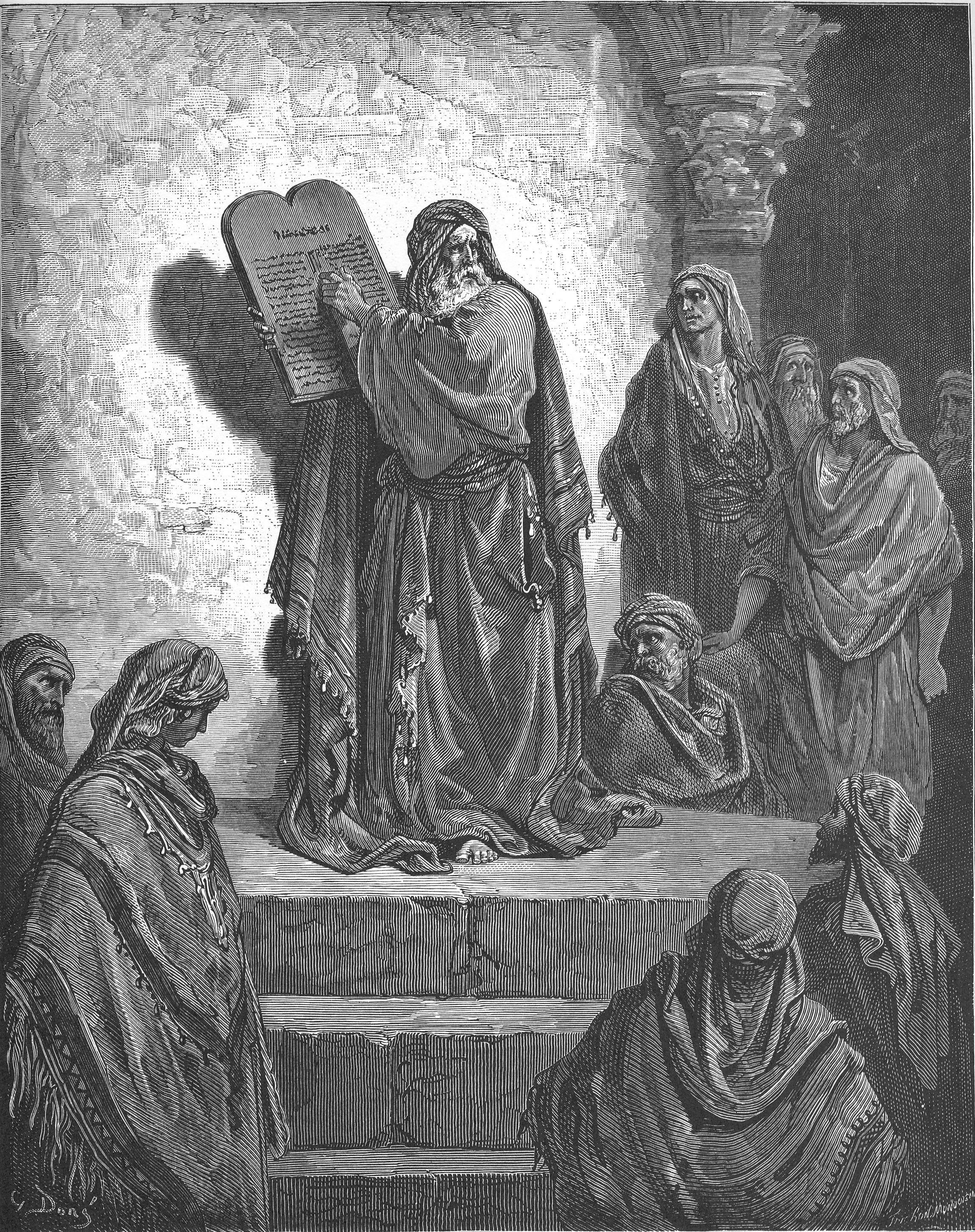First,
a personal observation. When I grew up, Sweden was already the most secularized
nation in the world. Naturally, the public schools were secular. Yet, the
Lutheran Church of Sweden was still the officially established religion! What
to do? The problem was solved by a typical Swedish compromise: all public
school students had to learn the Bible, but only as history. So I grew up
thinking that Moses was a real historical person, that the Exodus actually
happened, that the Israelites crossed the Reed Sea (not the Red one), etc.
Years later, when I started reading "Biblical Archeology Review", I was surprised to learn, almost shocked, that archeologists regard the Pentateuch and Joshua as purely mythological! Except a certain Kenneth Kitchen, who wrote interminable articles trying to prove everything from Abraham to Moses with esoteric arguments about ancient slave-prices and bussines transactions. Naturally, I was intrigued. Later, I learned that Kitchen isn't just an Oberprofessor of Egyptology, but also an evangelical Christian. Which may or may not explain his "maximalist" view of the Bible. Still, I tend to symphatize with the "maximalists" in the heated debates about Biblical archeology. After all, the credibility of our secular education system is at stake!
Naturally, I just had to give Kenneth Kitchen's tour de force "On the reliability of the Old Testament" five stars. Kitchen may represent a minorityite position within archeology, but his arguments are nevertheless interesting. In a review this size, only my own personal favorite arguments can be high-lighted.
Kitchen starts by pointing out the obvious: the Bible is confirmed by Assyrian and Babylonian sources from king Ahab (853 BC) foreward. If the Bible can be trusted, as a purely historical chronicle (sans miracle) from the divided monarchy forward, why can't it also be trusted when it talks about, say, David and Solomon? Those parts of the Bible are also written in the form of a historical chronicle. There is no obvious break between the "unproven" parts of the Bible and the proven parts. As for miracles and theologizing, even king Ahab is pretty theologized, not to mention the destruction of Jerusalem.
In a book like this, that old saying "absence of evidence is not evidence of absence" must of necessity play a prominent part. Why aren't David and Solomon mentioned in Assyrian or Egyptian chronicles? Because Assyria didn't expand westward into Canaan during their reign, and so wasn't interested in the local rulers. And Egypt was weakened during this period, no longer considering Canaan its sphere of influence or dominion. Thus, there are logical reasons for the "absence of evidence" for the United Monarchy. As for Jerusalem, that city have been destroyed and rebuilt so many times, that it would be a miracle in itself if substantial remains of, say the First Temple, would be found by excavators - in the unlikely case that the Muslims would permit an excavation inside the Dome of the Rock! Nor can we expect hard evidence for the Exodus. Slave-huts made of mud doesn't show up in the archeological record, Egyptian pharaos never commemorated defeat on their monuments, and 99% of all papyrus documents from the Eastern Delta have been destroyed by bad climate (including any secret intelligence report about rebellious Israelite slaves). Besides, Kitchen believes that only 20,000 people participated in the Exodus, not millions.
Other arguments I found interesting include the observation that Jerusalem might have been the capital of a mini-empire although small, since Thebes was even smaller when it became the capital of an Egyptian mega-empire, that Solomon was a quite poor chap by Iron Age standards, and that the Queen of Sheba fits a period when some women played a prominent role in Arab politics (they didn't after Solomon's time). Less convincing is the treatment of Jericho and Ai. I'm not sure if Kitchen have solved the problem of these towns being destroyed at the "wrong" time. However, he does make the funny observation that women in-keepers á la Rahab were typical of the period!
Most of Kitchen's arguments for the reliability of the Old Testament are necessarily indirect. He searches the Biblical texts for information about covenants, business transactions, slave-prices, personal names or special kinds of architecture (and yes, in-keepers), and asks himself whether these were typical of the period during which Biblical text is supposed to have been written. If so, one can conclude that the Israelites either had very long (and very good) memory spans....or the Biblical texts actually *were* written long before the Dead Sea Scrolls! To take just one example, Kitchen believes that the mix of Semitic and Hurrian names in Joshua is typical of the so-called Conquest period, but not later. And yes, poor Joseph was sold for 20 shekels, supposedly a typical price for a hapless slaveboy during the time of the Patriarchs.
As a layman, I cannot possible judge these arguments, and others have taken issue with Kitchen's interpretation, in the pages of "Biblical Archeology Review" (where else?). Still, Kitchen's book makes interesting reading, and apart from a few rather tedious sections about the rethorical style of ancient documents (yawn), it's surprisingly easy to read, and even humorous (unless you are a competing archeologist, at whose expense the jokes are made). I therefore warmly recommend this book to friend and foe alike.

No comments:
Post a Comment